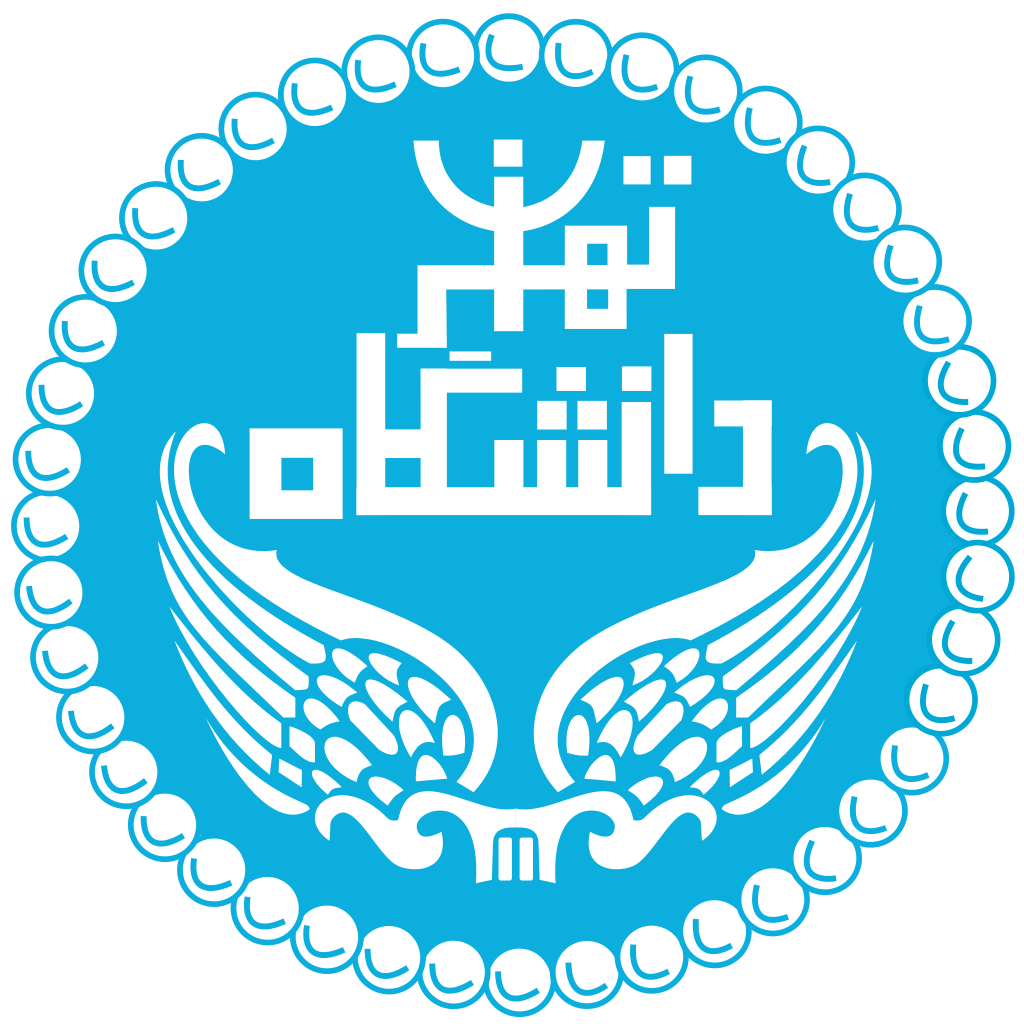
Responsibility to Protect, Terrorism and the Evolution in Traditional International Law Framework
Abstract in English
After the end of the Cold War, the idea of the responsibility to protect was taken into consideration as a requirement of international legal order where the Human rights used as a cover for interference in the affairs of the states. Such an approach didn’t meet the rules and principles of human rights and it has led to the gross violations, undermined the political regimes and even damaged the regional or even international public order. The events of the Balkans, Kosovo, Bosnia-Herzegovina, North Ossetia, Ukraine, Iraq and Syria are in this matter. Ambiguities in the exercise of the human rights rules and principles, shortness in international relations with regard to the principle of territorial integrity and weakening the principle of territorial integrity and other principles of international law have brought a misty circumference in front of the eyes of the world which undoubtedly double standards of some states have aggravated such atmosphere. The resolutions have been adopted in the name of justice, of equity and brotherhood are without scientific basis or logic analyzer or not applicable on the same terms. Mixture of the new theories in the international law such as responsibility to protect and their mutual relationship with issues such as terrorism has brought more complexity to the world. In this new world disorder situation, accepted principles of the Charter are redefined and a new system is being designed and implemented. At first the human rights was a justification for the idea of the responsibility to protect and it stabled the humanitarian interventions in a good status, but in relation to issues such as terrorism it became strongly political and finally led to withdrawal of the states to reach a consensus. There is no hope to reach a consensus on resp
Abstract in Persian
خلاصه فارسی

مکان: Assam, India
تاریخ: 31 Jan 2016
نویسنده: Dr. Hossein Sartipi
نام ژورنال: International Journal Of Humanities & Social Science Studies
نوع ژورنال: ISI {DRJI, Scientific Indexing Service, General Impact Factor}
شماره ژورنال: Vol-II, Issue-IV
